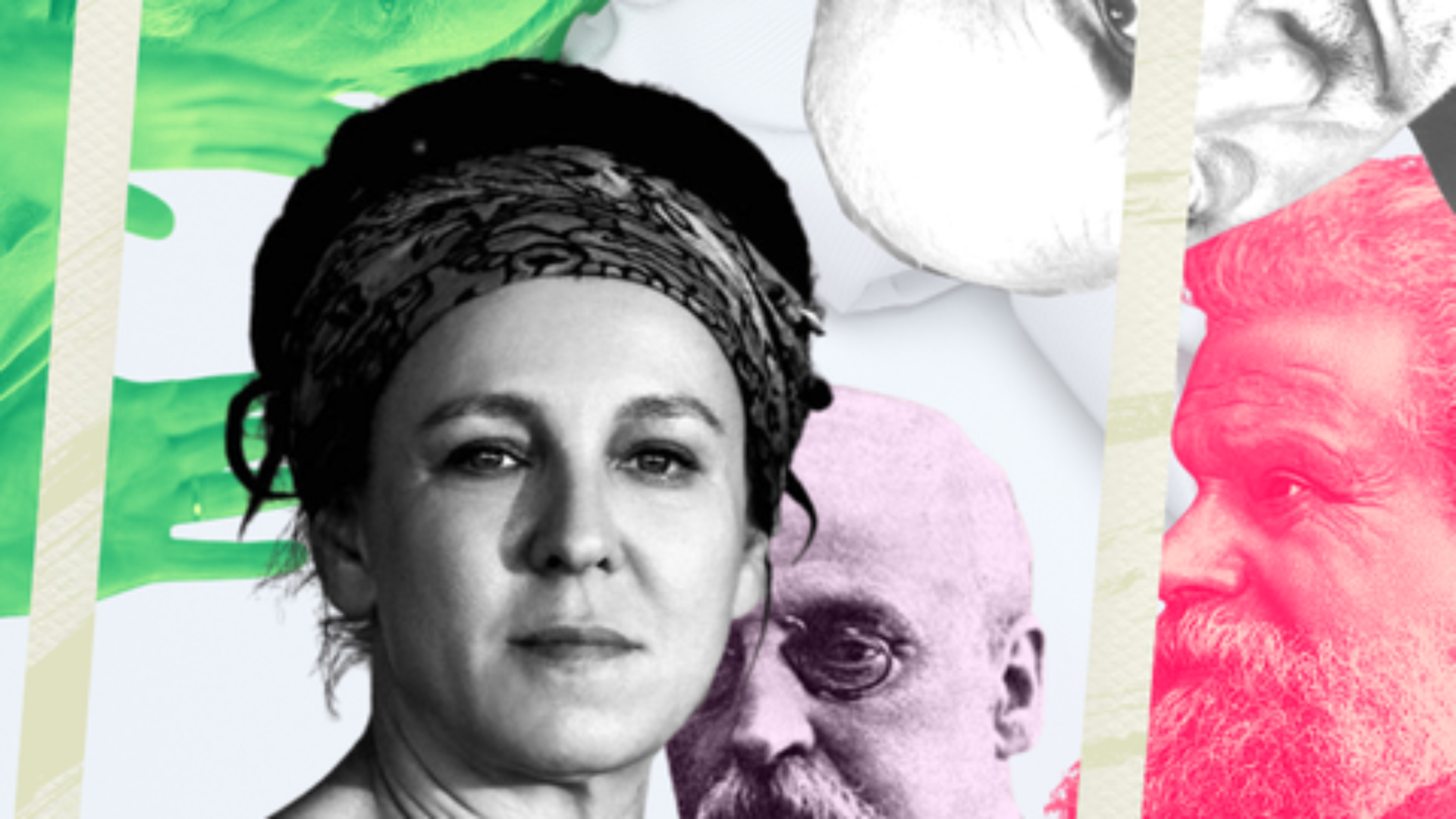Between The Mouth of Italy and the Nervi banks. The case of Kazimiera Alberti
The article conjoins several interpretative perspectives. The first one focuses on Kazimiera Alberti’s volume of poetry entitled Usta Italji [The Mouth of Italy] published in the 1930s, in which Alberti unconsciously predicts her future. Her poetic excursions into Italian cities, enhanced by autothematic tropes, reveal the writerly-feminine subjectivity. What the biographical discourse delineates there is the frame for affective experiences, such as melancholy, sadness, and passion.

